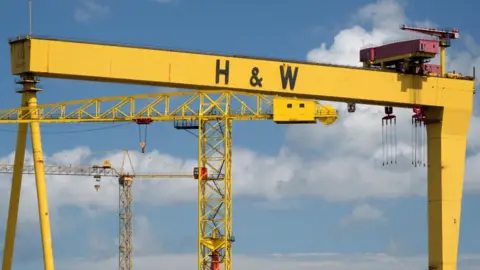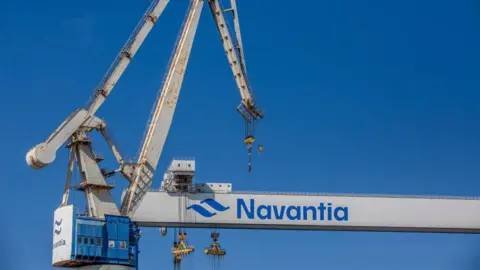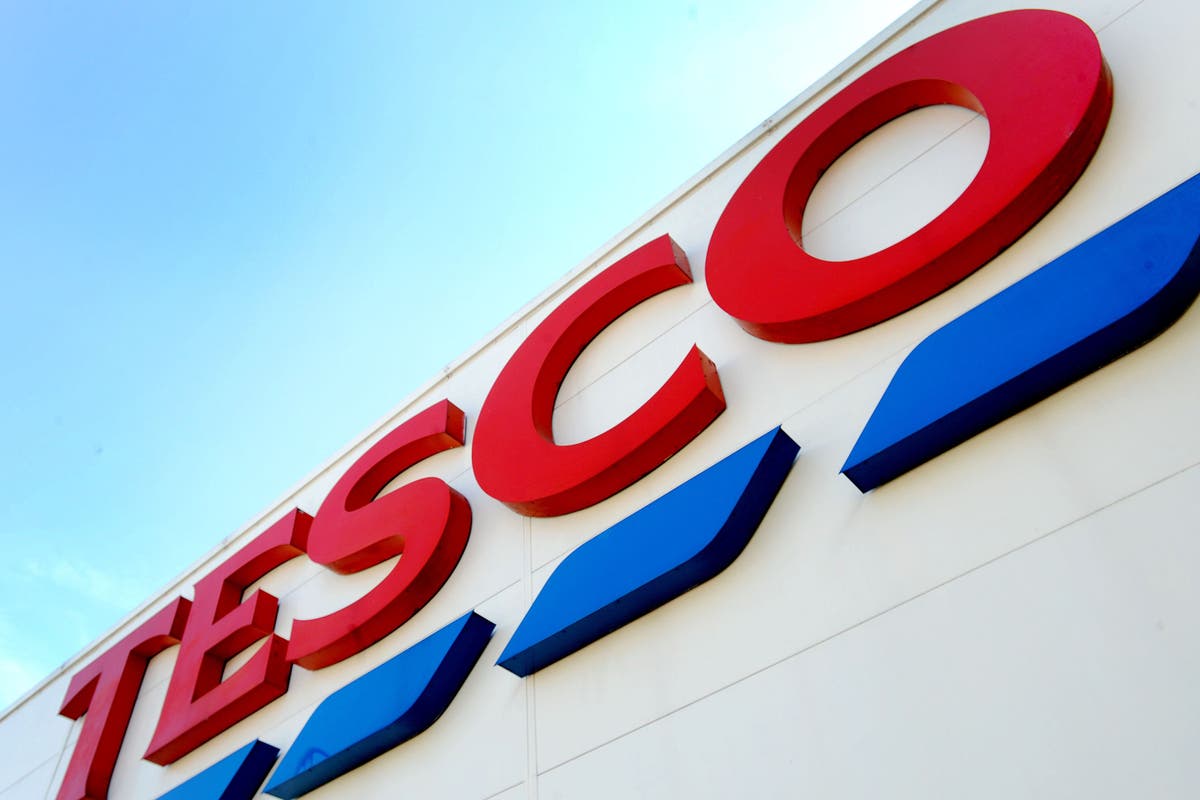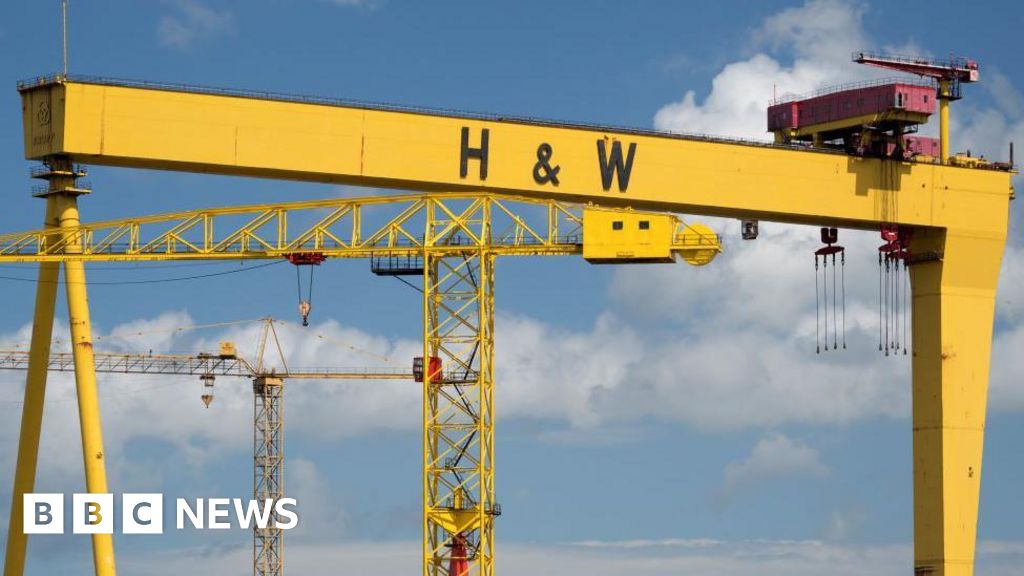 Getty Images
Getty ImagesSpain’s state-owned shipbuilder Navantia is in exclusive talks to buy Harland and Wolff, the Belfast-based shipyard.
Harland and Wolff, best known for building the Titanic, also has operations at Appledore in England and Methil and Arnish in Scotland.
Navantia already has a business relationship with Harland and Wolff.
It is the main contractor on a project to build three support ships for the Royal Navy with Harland and Wolff acting as subcontractor.
The exclusive talks were first reported by the Sunday Telegraph with the paper saying a deal covering all four yards could be completed by the end of November.
Continue to trade
Last month Harland and Wolff’s holding company collapsed into administration while the separate operational companies which run the yards continue to trade.
Russell Downs, Harland & Wolff’s executive chairman, said: “The core activities of the group’s four yards continue to trade with support of all stakeholders and we will provide an update on our strategic process when it’s timely to do so.”
Mr Downs, a restructuring expert, has been running the business since August.
He was appointed after the previous management failed to persuade the government to give the company a £200m loan guarantee.
Mr Downs has been working with Rothschild bank to find a new owner with the capacity to invest in the business as it scales up to tackle the naval contract.
Famous for building the Titanic, the Belfast shipyard was founded in 1861 by Yorkshireman Edward Harland and his German business partner, Gustav Wolff.
By the early 20th Century, Harland and Wolff dominated global shipbuilding and had become the most prolific builder of ocean liners in the world.
However in the period since the Second World War it has lurched from crisis to crisis and was under UK state control from 1977 to 1989.
In 2019 it’s then Norwegian owners withdrew financial support and the business fell into insolvency, having not built a ship in a generation.
It was bought by Infrastrata, a small London-based energy firm which did not have significant experience in marine engineering.
Infrastrata later changed its name to Harland and Wolff and in 2022 won a major Royal Navy contract as part of a consortium led by Navantia.
However financial losses mounted as it scaled up its operations and it became increasingly reliant on high-interest borrowings from a specialist US lender, Riverstone.
 Angel Garcia/Bloomberg via Getty Images
Angel Garcia/Bloomberg via Getty ImagesNavantia’s main shipyard is at Cadiz in southern Spain.
It employs more than 4,000 and has an annual turnover of about €1.3bn (£835m).















































